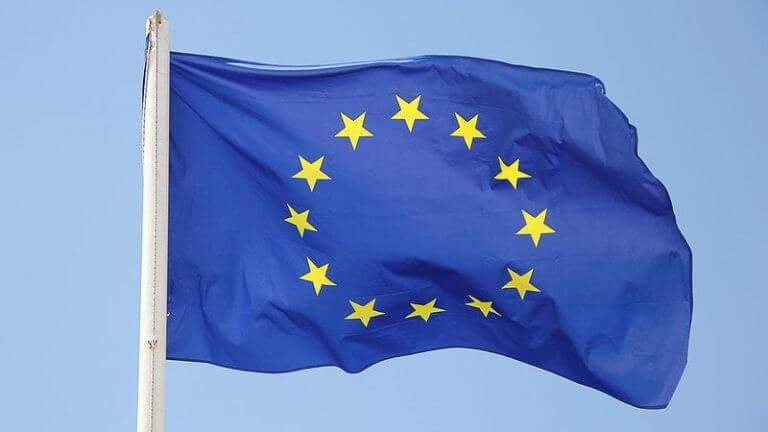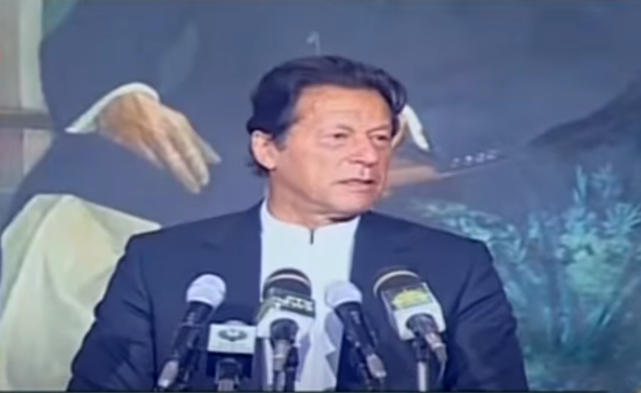Pakistan has yet to fully capitalise on its GSP+ status
Pakistan’s Generalized System of Preferences (GSP+) status is set to expire in December 2023, although the government has yet to fully utilise the programme.
In contrast to the goal of GSP+ designation, which is to diversify trade, Pakistan has relied mainly on textiles to date.
Pakistan would need to submit a new application for GSP+ status beyond 2023, according to the Pakistan Businesses Forum (PBF).
In order to qualify for GSP+ status, the European Union (EU) has declared that nations must commit to following 32 EU treaties instead of the existing 27. (2024-34).
“Now we must offer solid proof of improvement made since the last report,” the PBF stated, adding, “it must be concrete with observable impacts on the ground in order to persuade EU MPs of Pakistan’s commitment to the conventions.”
Despite receiving reductions on about 6,300 products under the GSP+ status, PBF Vice President Ahmad Jawad believes there is no institutional assistance from the govt.
He said that the government was unable to fully utilise the facilities.
“The textile industry was able to grow exports, but the opportunity for exports from other sectors, such as agricultural and other things, was not exploited,” he added, adding that, despite meeting EU regulations, the horticulture sector was unable to gain European markets.
Envoys from many European nations visited the country on a regular basis, urging local businesspeople to take advantage of the expanded facility’s potential sectors, notably kinnow export, he added.
“However, despite being a key export industry for the citrus fruit (kinnow), we were unable to obtain a spot in the European market,” he continued.
“We have not taken full advantage of the GSP+ program in the way we could have,” Jawad complained.
He pointed out that the EU lacked an effective export strategy. “Ideally, because Europe is such a large market, we should have developed a marketing plan including roadshows,” he added.
He said that “our ministries and overseas missions did not operate on this front.”
According to Jawad, there has been a lot of attention on promoting textiles, which has led to the neglect of other industries such as leather, halal meat, and jewellery.
Textiles and garments dominate Pakistan’s exports to the EU, accounting for 75.2 percent of overall exports to the EU in 2020.
EU imports from Pakistan nearly doubled from €3,072 million to €5,537 million between 2010 and 20. “Imports from Pakistan increased significantly after the country was granted GSP+ status (€5,515 million in 2014).”
“The county has to diversify the exports,” he stated, for long-term prosperity.
He believed that the information technology (IT) industry, which had shown strong development in the previous year, had enormous potential that the govt should promote.




